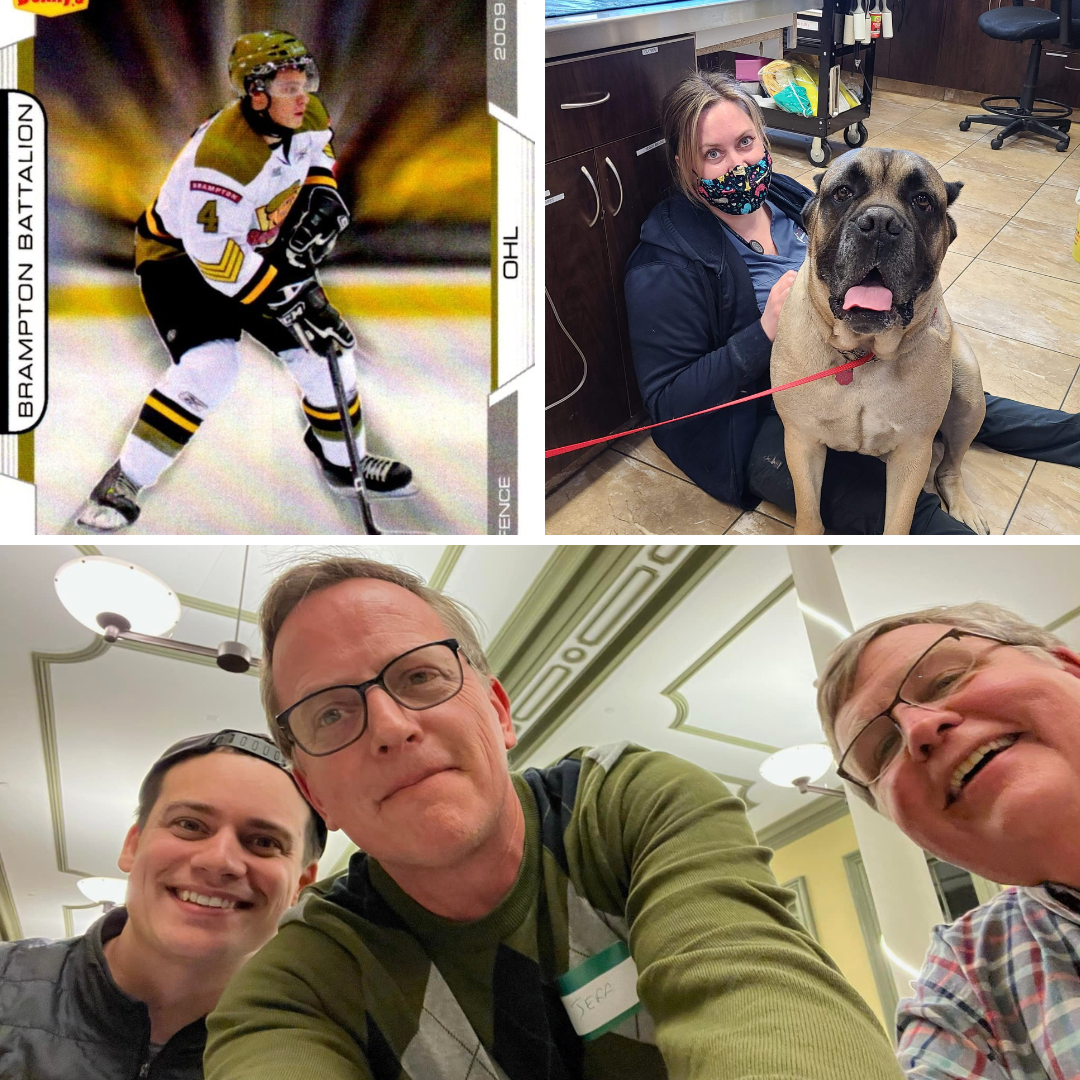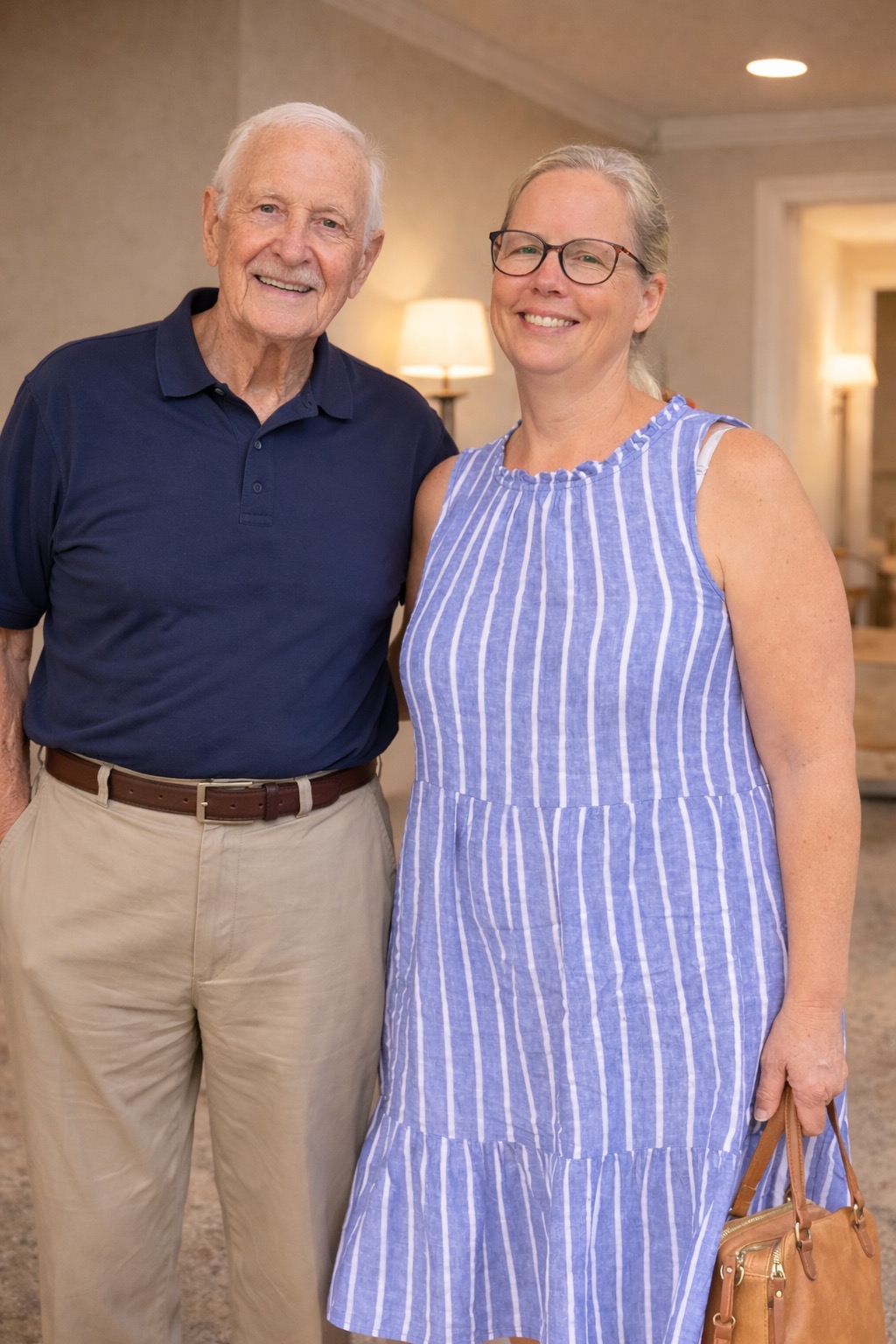Our nephew Ben played three seasons in the OHL, but his promising hockey career was marred by concussions. Having researched the injury in university and now running a busy hockey training facility, his advice is clear: no matter the sport or activity, take concussion signs and symptoms seriously.
Our niece Emily, a talented veterinary technician in B.C., learned this the hard way too. A fall at work caused her to hit her head on an object, and the injury plagued her for years. Her story is a reminder that concussions don’t just happen in sports—they can occur in everyday life, from workplace accidents to slips and falls.
Some symptoms you might feel include headaches, dizziness, nausea, sensitivity to light, or difficulty concentrating. Sleep can be disrupted, and emotions may feel out of balance, with anxiety, irritability, or sadness showing up unexpectedly.
Meanwhile, signs that others may notice about you include confusion, delayed responses, memory lapses, balance issues, or a glazed look. Sometimes, there’s inappropriate laughter or tears, vomiting, or even loss of consciousness.
Our main message is please don’t ignore these red flags. Stop, rest, and seek medical care. Healing takes time—but protecting your brain is always worth it.
👉 Share this with your teammates, coworkers, and loved ones. The more we recognize concussions, the better we can protect each other.
By Peter & Jeff Yurek








